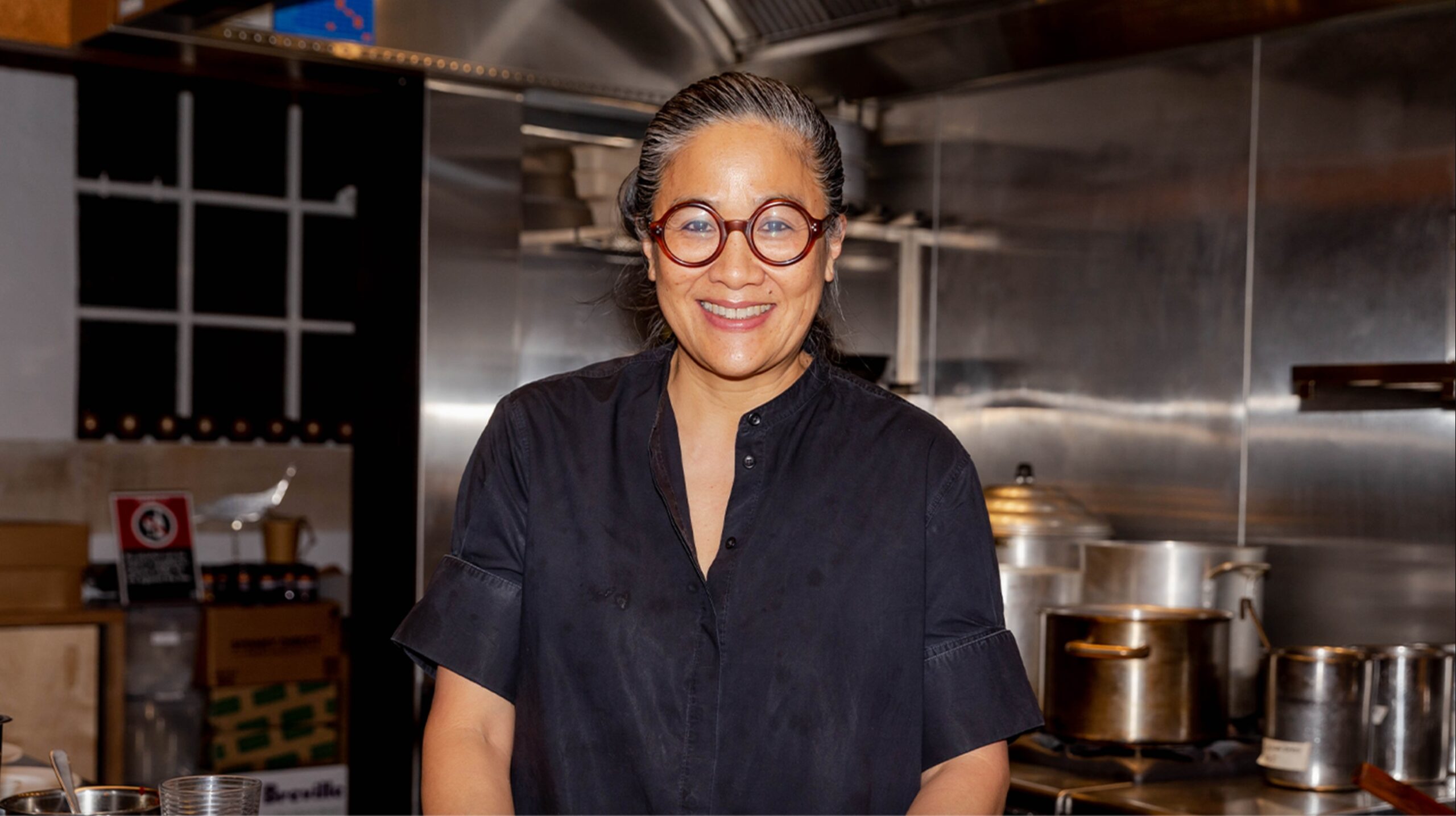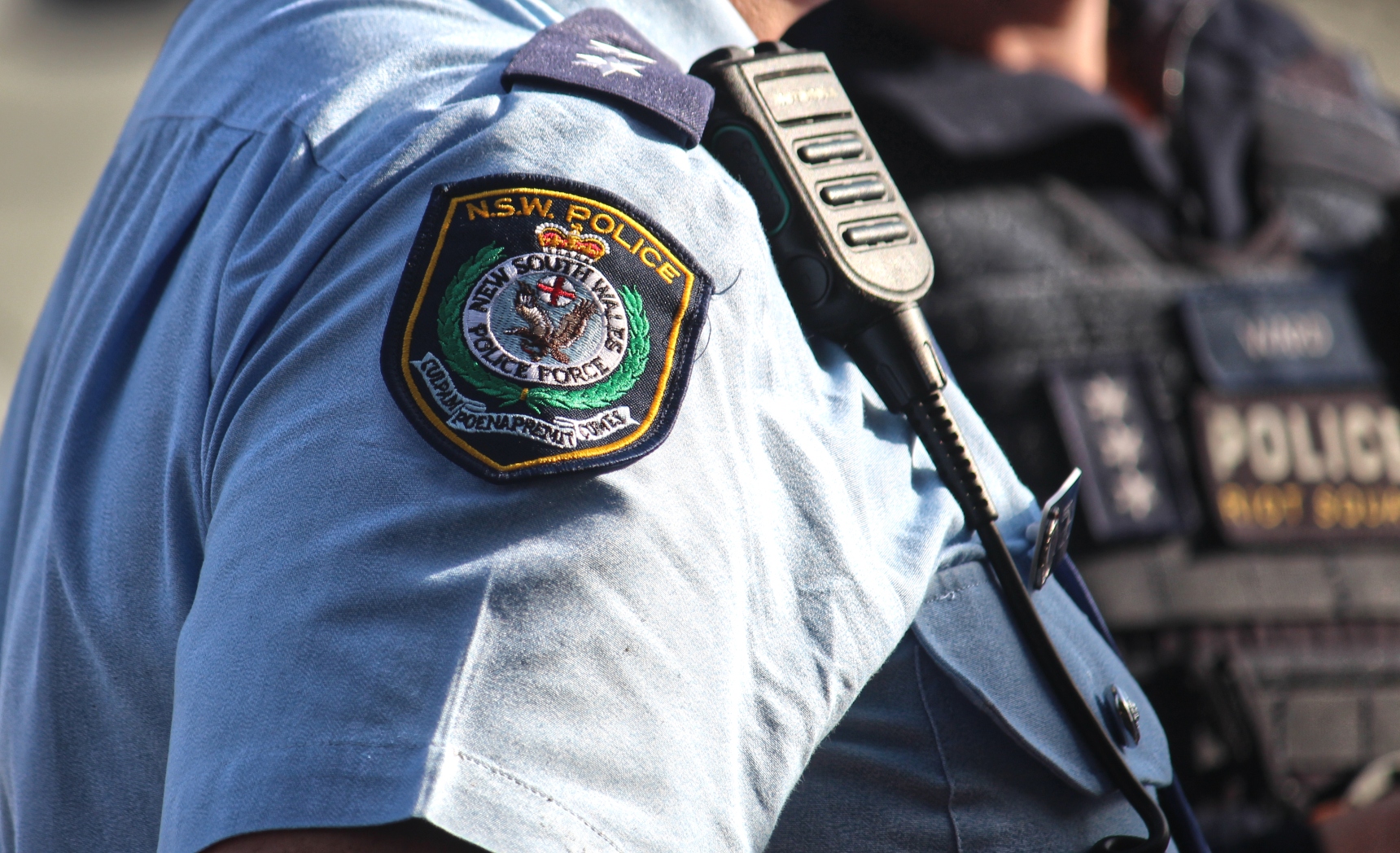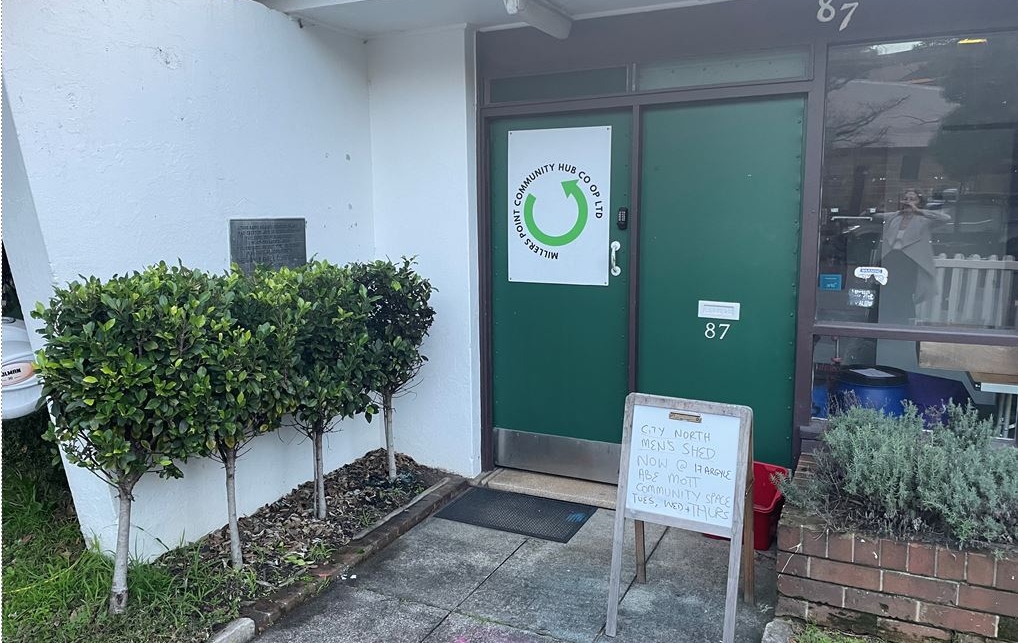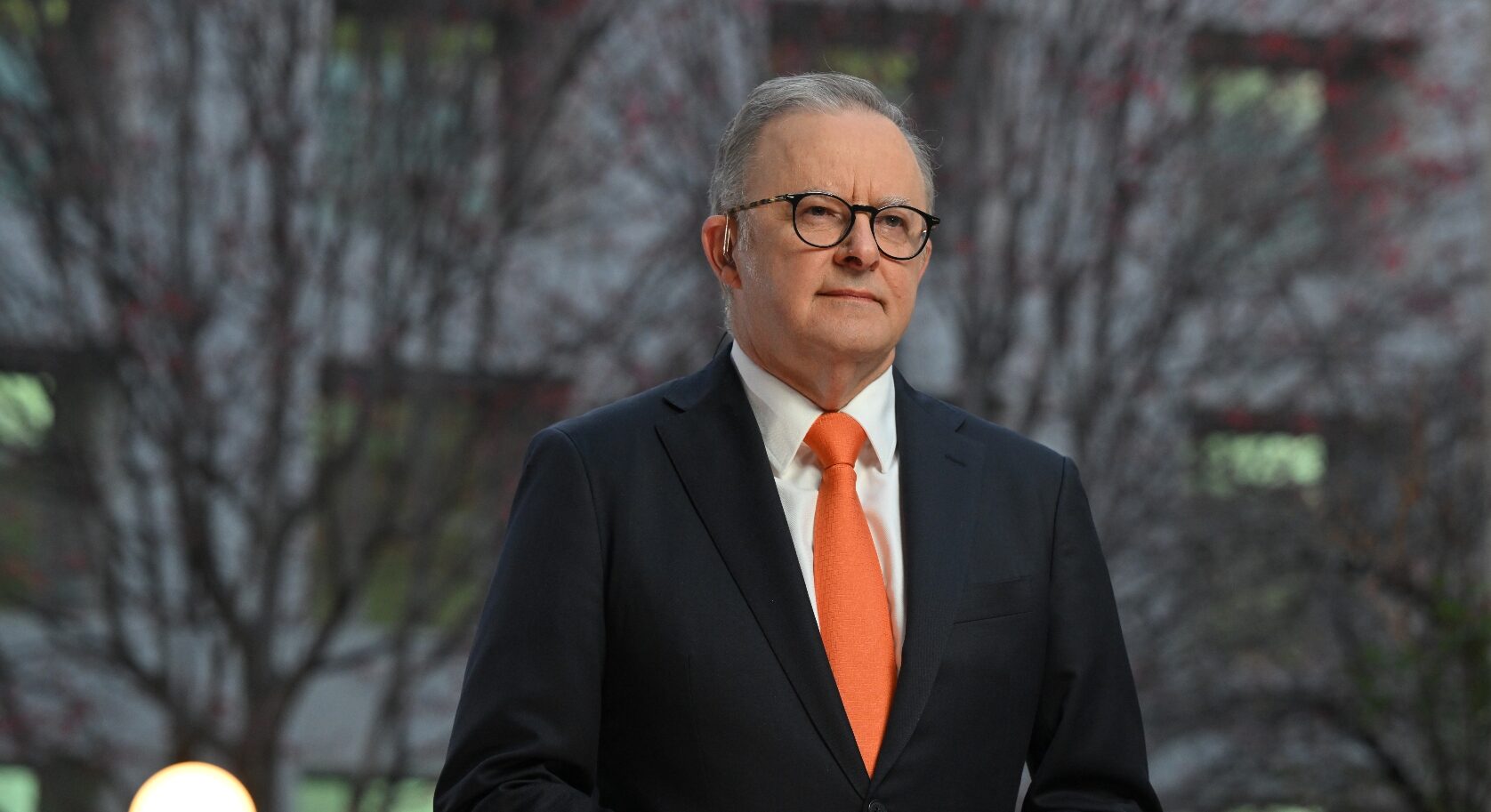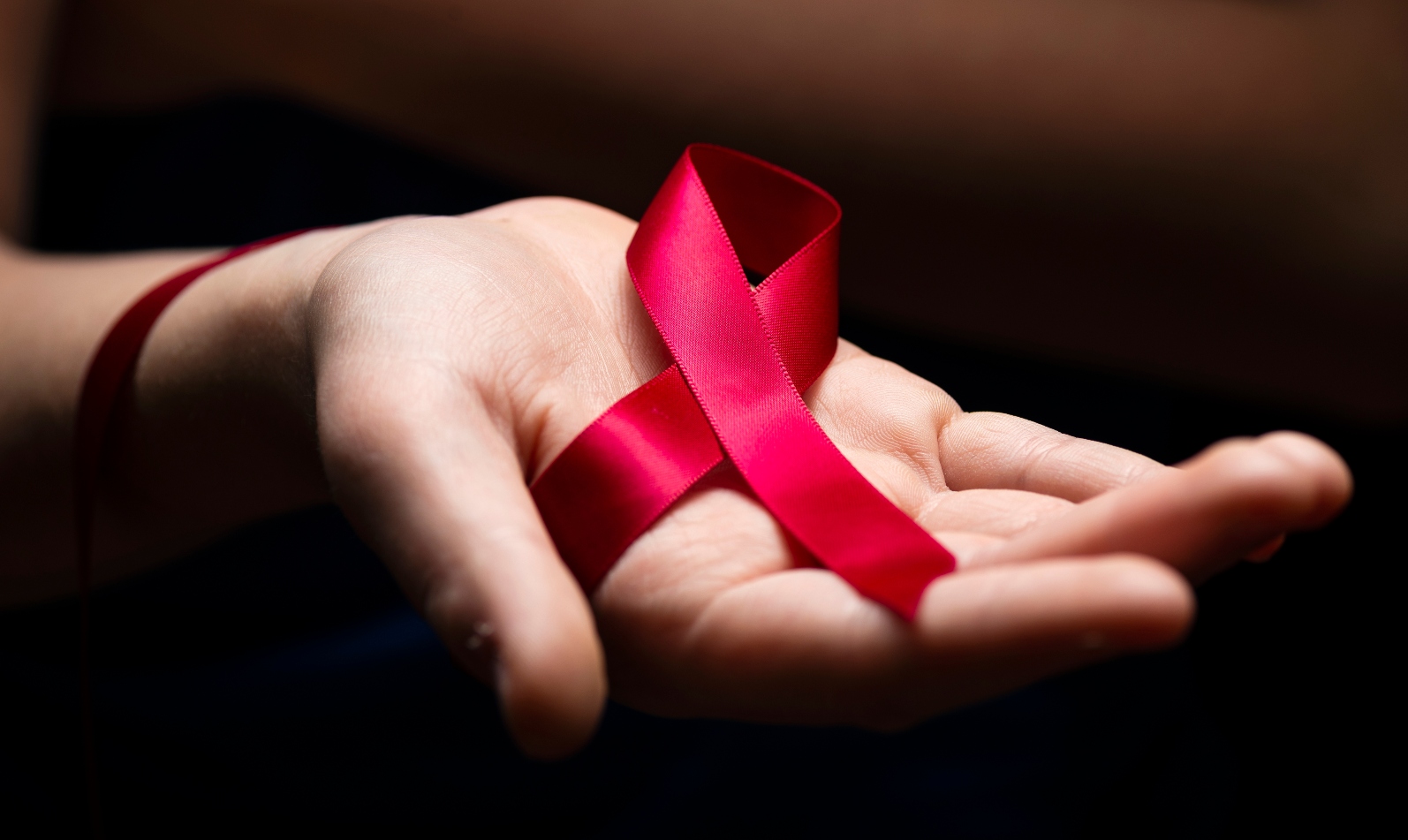
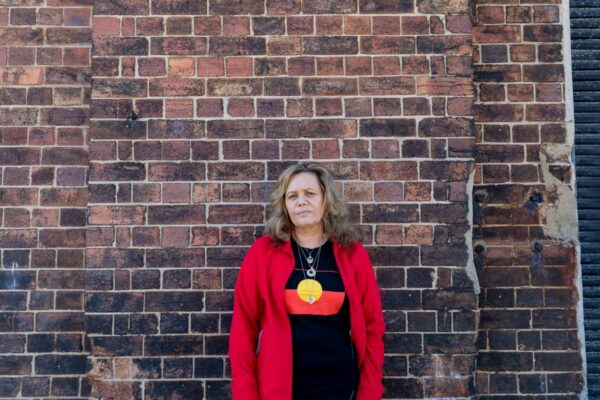
By ROBBIE MASON
To reduce the Voice to Parliament to a left-wing right-wing divide is far too simplistic. First Nations activists skirt nimbly around such static boundaries.
Consider the First Nations activists, deeply entwined with Black Lives Matter rallies and Indigenous social justice campaigns across the country, who oppose the Voice to Parliament.
Opposition to constitutional recognition was a common theme raised by speakers at Sydney’s Invasion Day rally in Belmore Park this year.
At that protest, Lizzie Jarrett, a Gumbaynggirr Dunghutti Bundjalung woman and MC for the rally, disparaged the Voice to Parliament throughout the day, labelling it a “whitewashed” attempt to forcibly integrate First Nations communities into a colonial state.
Similar to high-profile Invasion Day rallies in Melbourne and Brisbane, the Sydney protest was awash with placards and banners reflecting the official theme pushed by organisers: “Sovereignty before Voice”.
Based on the fact that both Labor and the Greens support the Voice to Parliament, it’s not exactly a position your average Australian would have predicted.

The issue has inflamed tensions among leftist rabble-rousers and singed the pages of popular mastheads. For many First Nations people, it’s a sore point associated with clenched fists and elevated heart rates. Support for the Voice among radicals is far from a clear-cut issue.
In January this year, Marcus Stewart, a proud Nira illim bulluk man of the Taungurung nation and co-chair of the First Peoples’ Assembly of Victoria, penned an opinion piece for The Guardian explaining that he cannot attend Invasion Day rallies that seek to sabotage the push for a Voice to Parliament.
So what’s going on?
No camp not all Pauline Hanson
Keiran Stewart-Assheton, a Wani-Wandi man of the Yuin Nation and President of the Black People’s Union, a self-described revolutionary organisation seeking full self-determination and sovereignty for First Nations people in Australia, told City Hub that the group opposes the Voice to Parliament.
“We believe the Voice to Parliament is not only something that won’t actually provide any benefits for us, it’s actually something that will harm our movement,” he said.
Yet BUP is an organisation that values direct action and mutual aid. Outside of speaking out against the Voice to Parliament, the group has participated in eviction resistance actions and provided material support to Indigenous rough sleepers.
They platform outside-the-box solutions to questions of First Nations sovereignty, and they don’t desire a treaty with any government.
“We want treaties with other Indigenous nations here in Australia,” Stewart-Assheton explained. “We want a pan-Aboriginal movement across the continent, so we can have a stronger position in our fight and our struggle. That way, we will have united power instead of fighting 101 separate battles across the continent.”
Stewart-Assheton asserted that the Voice is “a powerless tokenistic advisory body” and that the yes campaign has taken on “paternalistic” attitudes akin to neo-colonialism. Senator Lidia Thorpe, meanwhile, derided the Voice as “just another advisory body”. From this particular perspective, the Voice seeks to placate Indigenous activism and resistance and channel revolutionary energy into electoral and parliamentary politics.

While some Australians see the Voice to Parliament as too radical an idea, as a blatant power grab by mob and their allies to create a third chamber of parliament, for those on the far left of the political spectrum like Stewart-Assheton and Senator Thorpe the Voice does not go far enough. In other words: it does little to address systemic racism and land rights and, rather than furnishing First Nations groups with sovereignty, it, in fact, cedes sovereignty.
“A lot of lawyers are coming out from the yes camp saying how it won’t impact our sovereignty,” Stewart-Assheton said, “but the definition of sovereignty they’re using is the one in the Uluru Statement which describes our sovereignty as only being this romanticised spiritual notion, as opposed to real political sovereignty as defined by international law, which is our rights to land and self-determination.”
Community divides over the Voice, reflected in Senator Thorpe’s recent divorce from the Greens, dates back to the Uluru dialogues in 2017 when a small splinter group of delegates including Thorpe walked out of the conference in protest. That dialogue led to the Uluru Statement from the Heart – a declaration publicised as conveying a unified First Nations voice.
Thorpe described the decision-making process to City Hub as a “top-down approach” that has “sidelined” certain invested communities. On the Uluru Statement and impending referendum, she declared, “that process did not come close to meeting free, prior and informed consent as set out in the United Nations Declaration on the Rights of Indigenous People.”
“Once in a generation opportunity”
As Uluru Dialogue Co-Chair, Cobble Cobble woman and Scientia Professor Megan Davis has become the face of the yes campaign. She’s an international human rights and constitutional lawyer – an expert in the field.
In dialogue with City Hub, Professor Davis hit back at assertions that, without a power of veto, a constitutionally-enshrined Voice to Parliament will possess limited power.
“No entity in the Australian legal and political sense can ‘veto’ a Parliament, except the High Court of Australia,” she said.
“Nobody calls the Productivity Commission or the Australian National Audit Office merely symbolic or lacking capacity for effective action.”
First Nations people who are supportive of the Voice to Parliament perceive the proposed advisory board as a form of empowerment. With polls suggesting that roughly 80 percent of Aboriginal and Torres Strait Islander people support the Voice, it’s evident that this is the majority opinion among mob.
Councillor Yvonne Weldon, a proud Wiradjuri woman and the City of Sydney Council’s first Aboriginal councillor, is one such yes voter.
Cr Weldon told City Hub “the upcoming referendum is about signaling a collective desire for a positive and shared future.”
Davis, meanwhile, also refuted the claim that the referendum is a damaging distraction, emphasising that treaty processes are underway in some states and territories.
“Treaty is being pursued at state and territory levels as ordinary acts of legislation. Such agreements won’t be mystical, magical pieces of paper,” she said.
“They are firmly embedded within the government and parliamentary institutions of states like Queensland, South Australia, Victoria and the Northern Territory.”
“Treaty is the very epitome of faith and trust in electoral and parliamentary politics to deliver on aspirations. All treaties now will be an ordinary statute or act of parliament. That means they have to pass the parliamentary threshold of community consensus via democratic representation.”
While Senator Thorpe and Keiran Stewart-Assheton from BUP view alternative forms of self-determination as more tangible outcomes that mob should focus on first, Davis makes the exact same argument – in reverse.
From the yes perspective, the Voice to Parliament is a radical change that can happen right now. Supporters are action-orientated rather than obstructive, and there are real fears that the failure of a referendum could take the wind out of broader First Nations justice movements.
In Davis’ words: “Estimates are that treaties can take up to 20 years to negotiate. Right now, we don’t know what treaty looks like.”

a Cobble Cobble woman and
Uluru Dialogue Co-Chair.
Image: Megan Davis/supplied.
Like artists attempting to recreate and paint a landscape from memory, both camps draw radically different conclusions from the same evidence. Where Thorpe and Stewart-Assheton deride a “powerless” Voice to Parliament, Cr Weldon sees “substantive power”.
Despite some polls indicating that the no vote has overtaken the yes vote in popularity in recent weeks, Cr Weldon remains optimistic that the yes campaign will triumph.
“I’m hopeful that when the time comes the overwhelming majority of Australians will support a Voice to Parliament. This is a once in a generation opportunity,” she stated.
“In the 2017 plebiscite, the Sydney electorate showed the highest support for marriage equality in the country. I’d like to see this level of support replicated in this year’s referendum!”
Regardless of stance, all condemn bullying
Since the no campaign has attracted far-right support, dated racial tropes have infiltrated the public arena and found a place at the roundtable, much to the dismay of all the people consulted in the writing of this article. It’s the one of the few factors unifying the opposing camps.
Cr Weldon said she’s “really concerned” about the abuse directed towards First Nations communities in the lead up to the referendum.
“Unfortunately, a minority of people who hold abhorrent views about racial superiority have been emboldened to share them,” she continued.
“Truth telling in this country is ugly. Even the most basic assertions are subject to fierce backlash.”
But even here there are still subtle differences in opinion. BUP president Stewart-Assheton said that racism is far from the sole purview of the no campaign.
“We’re already living in a hyper-racist nation. A referendum is not going to create racism that’s already there. A referendum can’t possibly get rid of racism either. You can’t vote away racism,” he stated.
Stewart-Assheton told City Hub he has been the target of abuse from yes campaigners due to his stance on the Voice.
“They come in and attack me. These are non-Indigenous people telling me to go jump off a cliff and I should go do other acts of self-harm to myself,” he stated.
In Senator Thorpe’s words: “the racism from conservative no campaign and the bullying from the yes campaign should be of concern to everyone living in this country.”





